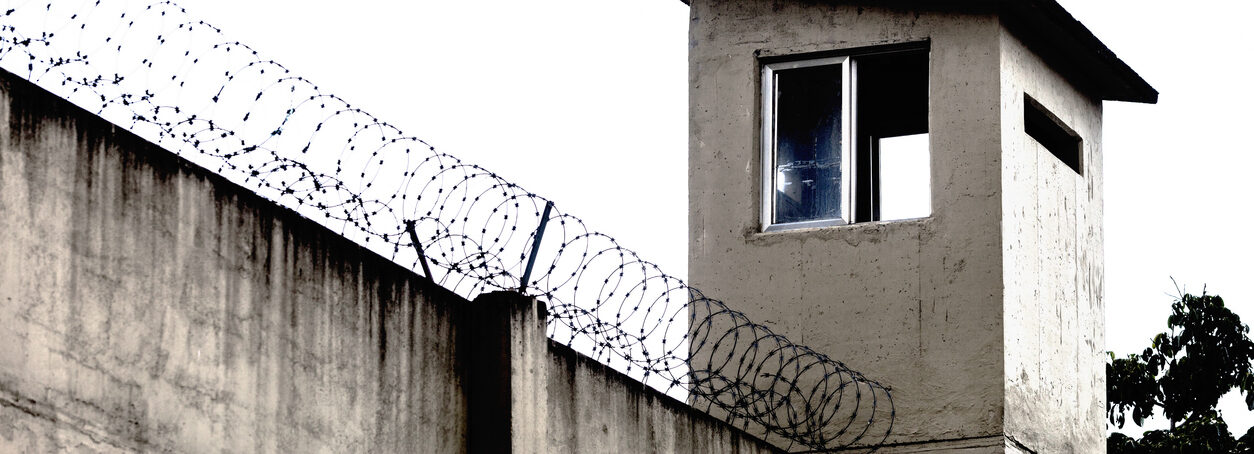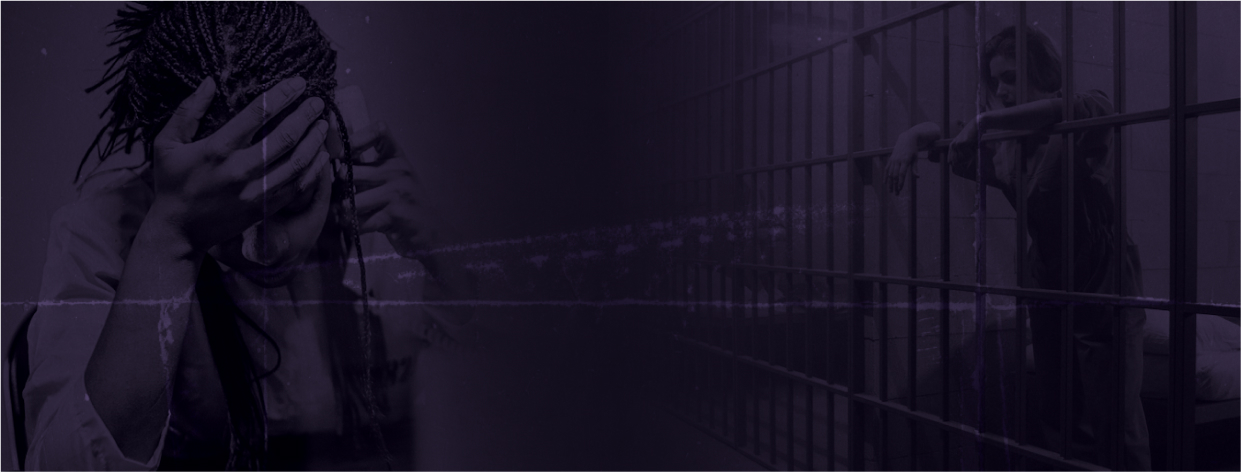One of the many tragic realities of America’s correctional system is that of the 190,600 women currently incarcerated, 99% of them experience domestic or sexual abuse before they enter prison. Mandi Gardner is no exception.
Unfortunately, while serving a 43-month sentence at the Washington Corrections Center for Women (WCCW), Gardner was horrified to find that abuse is a growing reality inside the prison system as well due to institutionalized radical gender ideology.
Gardner’s struggles began in early childhood, when she said she was abused by her father and some of his friends at just 2 years old.
“I didn’t have the resources that a normal kid should have – a family who loves and cares for you,” Gardner told IW Features of her upbringing.
While Gardner was still a toddler, she said she watched her father assault her mother “within an inch of her life” and try to bury her in their yard. After that, Gardner said, she and her sister were put in foster care, where they continued to suffer abuse at the hands of adults who should have been their safe haven.
“We lived with our aunt and uncle until I was eight, but we were sexually abused and ran away,” Gardner said. “Then we were put into a group home, but we ran away from them too.”
As a teenager, Gardener said she started experimenting with drugs. Recreational marijuana use quickly escalated into heroin use and eventually fentanyl use, she said.
“My first time in prison was in 2018,” she said. “I was on heroin at the time and robbed a store.”
Her subsequent addiction to fentanyl marked a tragic turning point in Gardner’s life.
“I started selling my body and was sex trafficked. I was drugged and taken [from Seattle] to Colorado,” she said.
Gardner told IW Features that she was trafficked by a Mexican gang who “branded” their victims with identifying chest tattoos and kept them drugged into compliance. Gardner said she was afraid to contact the police because there were individuals in law enforcement who allegedly were involved with the sex trafficking ring that had enslaved her.
A chance of escape came when she was hospitalized after an overdose, but tragically, she said the medical staff failed to help her.
“When I got my test results from the toxicity report, they showed I had ecstasy in my system,” Gardner said. “I told them that I was suicidal because I was so scared, and that I didn’t have a way to contact my family, but they kicked me out anyway.”
Years of being forcibly drugged suppressed Gardner’s memories of what happened to her while she was under the influence, she said. At night, however, terrifying dreams reveal what she cannot consciously remember.
For a woman like Gardner, with a history of abuse stretching back to her earliest years, being housed with a man while isolated and vulnerable is the worst kind of torture. Unthinkably, that’s exactly what happened.
In 2024, Gardner was incarcerated at the Washington Corrections Center for Women, which has received media attention for its dangerously lenient stance on allowing males to self-identify as women and gain access to women’s living quarters. This is due to Washington state’s weaponization of the Prison Rape Elimination Act (PREA), which is being used to allow inmates housing based on their “gender identity.”
The Washington Corrections Center for Women currently houses at least 11 trans-identified males, one of whom – Kevin Patterson – was convicted of murdering his roommate. Gardner was chosen to be Patterson’s roommate in prison.
“When I learned his real name and his violent charges, I started working with Kathy Robinson [a female inmate advocate], and he was moved out of my room,” she said.
Before realizing Patterson’s true identity, Gardner said she had started letting him watch shows on her tablet. One day, a message from Robinson appeared on the screen while he was using it, and Patterson found out about Gardner’s attempts to have him relocated. According to Gardner, he immediately told the other trans-identifying males at WCCW what had happened, including a violent criminal who goes by the name of Hop Cat.
“One morning, I came down to get coffee and sat down at a table, and Hop Cat got in my face,” she said. “He said, ‘I’ll slap the f**k out of you.’”
Gardner alleged that although multiple officers witnessed the threat, none of them attempted to help her and actually laughed at her fear.
“I wrote up a complaint, but I was told that there was nothing they could do because this is a ‘political issue,’” she said. “The counselor said I could go into protective custody if I felt unsafe.”
In protective custody, or “the hole,” as Gardner called it, inmates are allegedly only allowed to shower every three days, and they lose access to benefits like tablet and television use.
“I don’t understand why I have to be punished for a f****ing man threatening me,” she said.
According to Gardner, prison staff care very little for the feelings of the women under their care. When two of Gardner’s close friends committed suicide over the past year, WCCW allegedly provided counseling sessions for staff but neglected fellow inmates like Gardner. Gardner herself attempted suicide in the wake of these events.
“I’m trying to hold on, but I am just feeling lost, scared, and confused,” she said. “What about how us women feel?”










